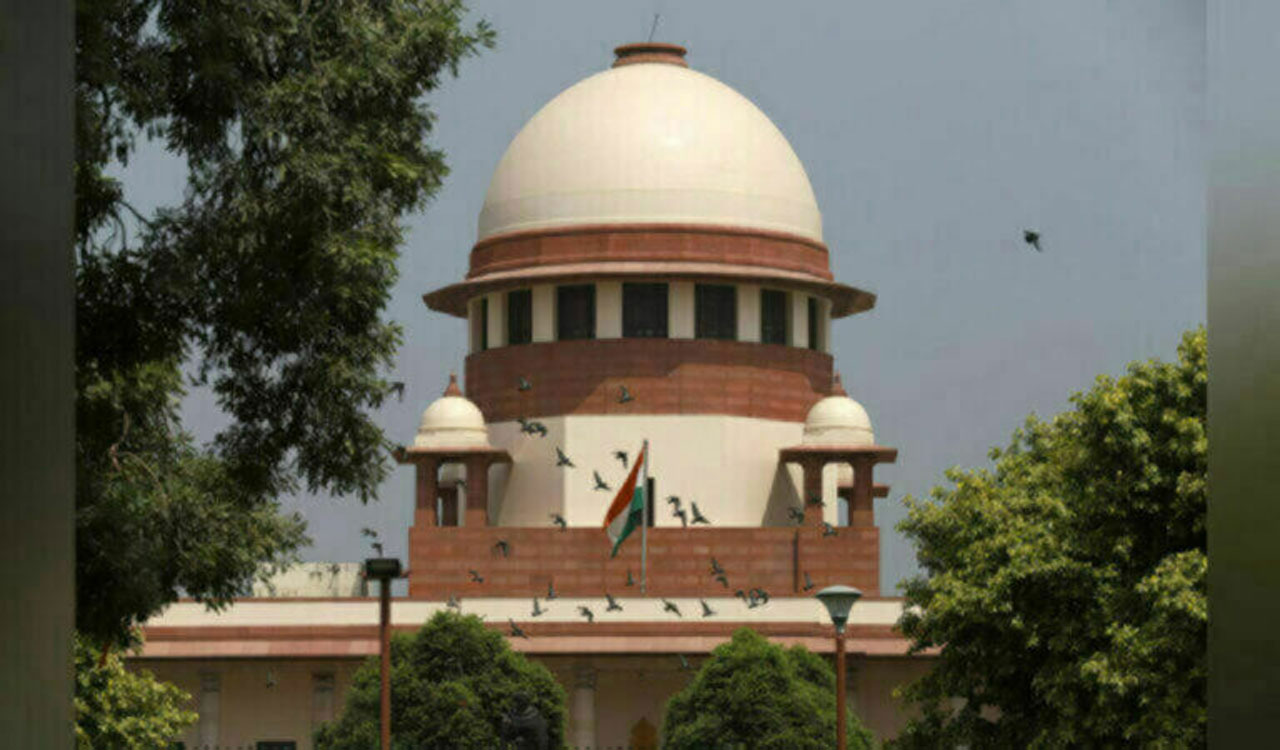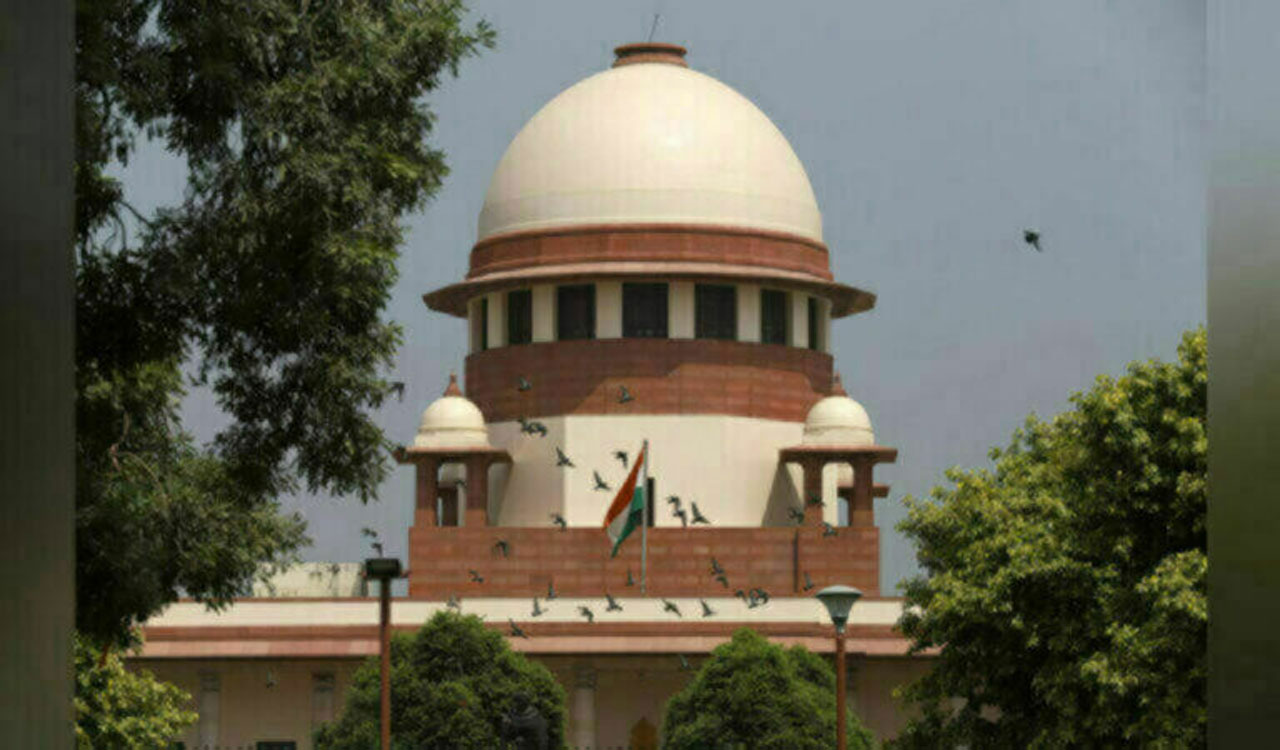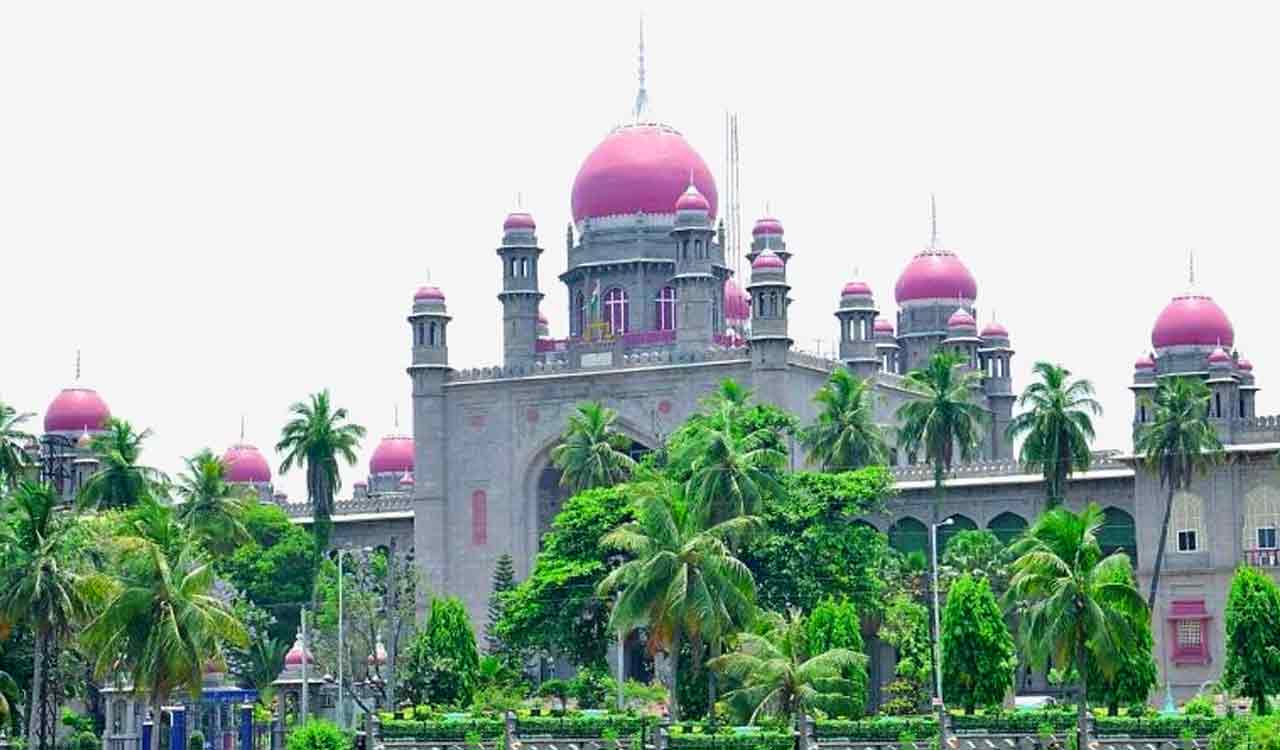Editorial: Justice still eludes
Even after 40 years, one cannot help but feel a sense of helplessness over denial of justice to the victims of Bhopal Gas tragedy

As the nation marked the 40th anniversary of the Bhopal gas tragedy, the world’s worst industrial disaster that left over 25,000 people dead and caused suffering to millions, one cannot help but feel a sense of helplessness over denial of justice to the victims and the failure of successive governments to learn lessons from the terrible nightmare. Over the years, survivors of the horrifying ordeal have been fighting for damages, environmental remediation of the site and medical rehabilitation. But, justice remains elusive. Miseries continue to pile on. On the night of December 2, 1984, a cloud of highly toxic methyl isocyanate gas, leaking from the pesticide factory of the Union Carbide Corporation, engulfed large swathes of residential pockets in Bhopal, leading to a tragedy that continues to haunt the nation till today. For thousands of survivors and countless others born with deformities since that fateful night, life has been a living hell, encountering official apathy at every stage. In any developed country, such a pathetic insensitivity towards the victims would be unthinkable. Despite initially demanding $3.3 billion, India struck an out-of-the-court settlement with union Carbide in 1989 for merely $470 million — without consulting a single survivor. In the end, each state-acknowledged victim received a paltry Rs 12,478. In 2010, the government sought additional compensation through curative petitions, but the Supreme Court dismissed them in March 2023, arguing that it would be inappropriate to impose a higher liability on union Carbide than what had been originally agreed upon.
Several attempts to hold union Carbide accountable failed to yield tangible results. The UCC sold off the India-registered subsidiary that operated the plant. It was then, in turn, bought by another US corporation, the Dow Chemical Company, which has refused to take any responsibility for the tragedy since it never owned or operated the plant. Despite several court orders, hundreds of tonnes of toxic waste remain at the UCIL site. A 2010 government study revealed that, in addition to the 337 tonnes of toxic waste, 1.1 million tonnes of soil is contaminated and groundwater in the area is laced with toxic substances and heavy metals, raising cancer risks. The long-term environmental contamination continues to compromise the health of Bhopal residents. With no real closure in sight, thousands of survivors still suffer from inadequate healthcare. Organisations advocating for gas victims’ welfare have long demanded the removal of toxic waste from the UCIL site, but the issue remains unresolved. Numerous petitions for the safe disposal of hazardous materials are still pending in the High Court and the Supreme Court, as victims continue to wait for justice and healing. A study published in July 2023, after examining 92,320 victims, revealed that men above the age of 21 were more impacted than others. Between 1986 and 2000, respiratory illnesses were the leading cause of death among the victims.
Related News
-
‘Media shouldn’t exaggerate’: SC irked over news reports on hearing over ‘VIP’ visits at temples
-
Supreme Court to test validity of two provisions of 1991 law on religious places
-
Delhi liquor policy scam: SC relaxes Sisodia’s bail condition (Ld)
-
Phone tapping case: Telangana High Court asks cops to respond to allegations
-
Cartoon Today on December 25, 2024
6 hours ago -
Sandhya Theatre stampede case: Allu Arjun questioned for 3 hours by Chikkadpallly police
7 hours ago -
Telangana: TRSMA pitches for 15% school fee hike and Right to Fee Collection Act
7 hours ago -
Former Home Secretary Ajay Kumar Bhalla appointed Manipur Governor, Kerala Governor shifted to Bihar
7 hours ago -
Hyderabad: Organs of 74-year-old man donated as part of Jeevandan
7 hours ago -
Opinion: The China factor in India-Nepal relations
8 hours ago -
Editorial: Modi’s Kuwait outreach
8 hours ago -
Telangana HC suspends orders against KCR and Harish Rao
9 hours ago




